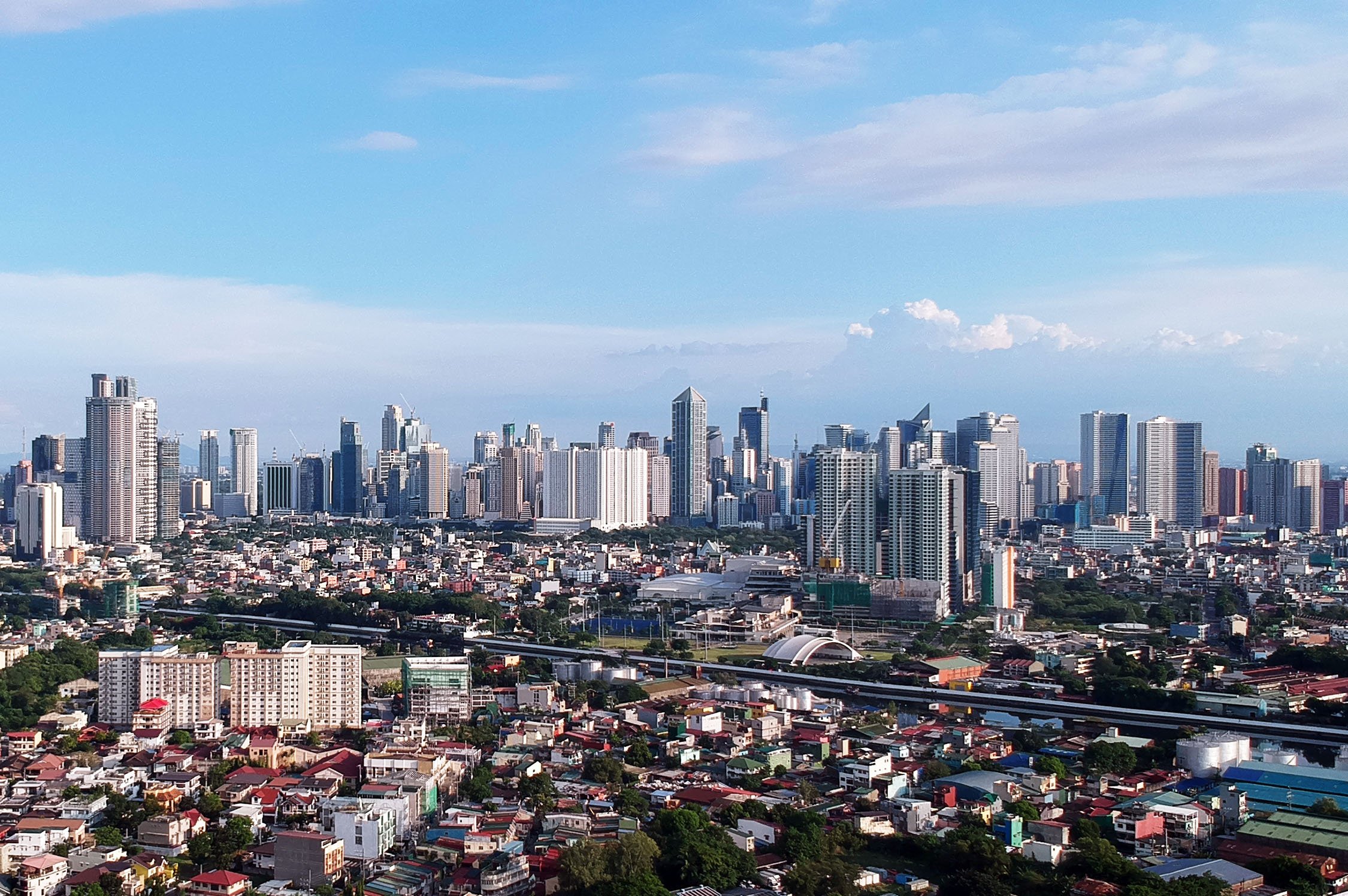
FILE PHOTO: The Makati City skyline photo taken on May 11, 2020. INQUIRER/GRIG C. MONTEGRANDE
MANILA, Philippines — Makati has already achieved 80 percent of its revenue target for 2024 as total collections stood at P14.7 billion as of April, the local government said Thursday.
City Mayor Abby Binay specifically said that Makati’s revenue reached P14,764,700,267.36 that month, with the bulk coming from local profits.
She noted that Makati remains one of the country’s few local government units that are not dependent on the National Tax Allotment.
“Our robust revenues provide us with the financial stability we need to continuously implement programs that go well beyond the basic needs of our constituents. We are grateful to our taxpayers for their trust and confidence in the city government, especially the business sector which remains the largest contributor to the city coffers,” Binay said in a statement.
READ: QC, Makati, Taguig are top NCR revenue earners in 2023
Citing a report from City Treasurer Jesusa Cuneta, Binay said Makati collected nearly P8.2 billion in business tax, which accounts for 81 percent of its 2024 target, as well as P5.2 billion in Real Property Tax, which is already 107 percent of its target for the year.
Meanwhile, the Makati Business Permit and Licensing Office records show that a total of 1,820 new businesses have registered in the first four months of 2024, contributing to a combined capital investment of at least P16.3 billion.
Also in the first quarter of the year, 34,203 businesses renewed their business permits, registering total gross sales of more than P1.8 trillion.
“Our total budget this year is P21.1 billion, and the Social Development sector has the lion’s share with an allocation of P10.4 billion, or 49.43 percent. Aside from our income from taxes, we also have substantial cash in the bank amounting to P33.6 billion,” Binay said.
READ: Makati City tops 2023 revenue target with over P20B collection in Q3
Binay likewise mentioned that Makati’s education subsector has a share of P4.5 billion while health and social welfare have P4.1 billion and P1.8 billion allocations, respectively, for 2024.
Last year, Makati reported it exceeded its revenue target by 39 percent even without taxes – which prompted Binay to mull reducing Real Property Tax and other local taxes in the city.
“Given our robust revenues and strong cash position, we can afford to reduce current tax rates, especially real property tax. It would make the city more attractive to local and foreign investors, thus increasing Makati’s competitiveness as a premier investment destination in Asia,” Binay said.